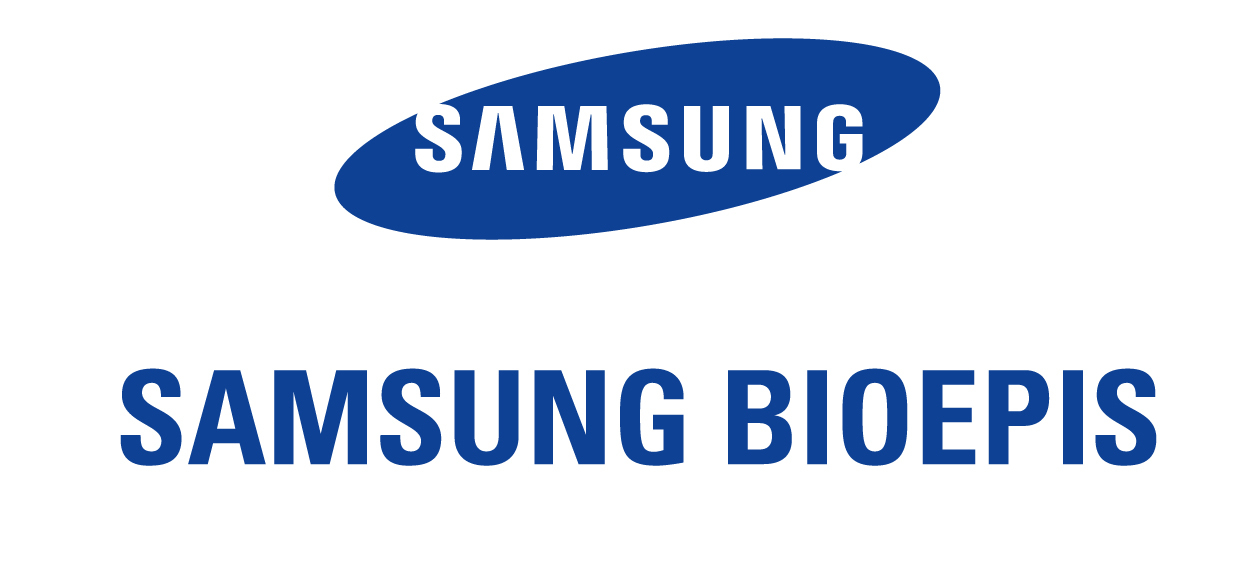 Enbrel (etanercept) biosimilar candidate, SB4, developed by Samsung Bioepis Co., Ltd. for patients with moderate-to-severe rheumatoid arthritis, recently received validation and has been accepted for review by the European Medicines Agency (EMA). The company recently filed an EMA Marketing Authorization Application (MAA), enabling the transition of the world’s first Enbrel biosimilar into regulatory review for commercialization in territories in the European Union (EU).
Enbrel (etanercept) biosimilar candidate, SB4, developed by Samsung Bioepis Co., Ltd. for patients with moderate-to-severe rheumatoid arthritis, recently received validation and has been accepted for review by the European Medicines Agency (EMA). The company recently filed an EMA Marketing Authorization Application (MAA), enabling the transition of the world’s first Enbrel biosimilar into regulatory review for commercialization in territories in the European Union (EU).
Today, Enbrel is commercialized in EU territories for the treatment of a series of rheumatic conditions, such as moderate-to-severe rheumatoid arthritis, as well as juvenile idiopathic arthritis, psoriatic arthritis, ankylosing spondylitis and plaque psoriasis. Samsung Bioepis is now waiting to receive the EMA’s final authorization to make SB4 available for the treatment of the same conditions, based on the results from the company’s phase III clinical trial in patients with RA.
“This MAA validation represents a significant milestone for Samsung Bioepis in our work to develop and manufacture world-class biosimilars. More significantly, it offers an opportunity to provide high-quality and effective therapies for broadening access to patients in Europe,” stated the chief executive officer of Samsung Bioepis, Christopher Hansung Ko, in a press release.
SB4 has already been evaluated based on its phase 1 and phase 3 clinical studies conducted by Samsung Bioepics, which demonstrated the drug’s efficacy. The approval of the MAA was based on the results from a phase 3, controlled, randomized, multicenter study in Europe that was able to prove SB4’s comparability with Enbrel. The scientists evaluated the primary and secondary endpoints of the study, and the MAA qualification standard criteria was met. Even though the results have already been used for the MAA, they will only be presented publicly later this year.
If Samsung Bioepics receives the final clearance from the EMA, the SB4 biosimilar is going to be commercialized in the EU countries by Biogen Idec, as well as produced in one of the biggest biologic facilities worldwide – the manufacturing infrastructure of the company located in in Hillerød, Denmark. Other applications for regulatory approvals of the biosimilar drug are also being planned and conducted to commercialize SB4 in other countries of the world.
A biosimilar is a biological product designed to be very similar to a reference medicinal product, its originator, and needs to follow guidelines of the U.S. Food and Drug Administration, European Medicines Agency, and CDSCO regulation to be commercialized. In fact, biosimilars are becoming more common as rheumatoid arthritis treatments, and the latest report from the research and consulting firm GlobalData, revealed that the rheumatoid arthirtis drugs’ market will increase 2.1% until 2023, particularly due to the extensive research being undertaken on biosimilars.


